 Andy Ross was the owner of Cody's Books in Berkeley, Calif., from 1977 to 2006. Since 2008, he has been a literary agent and writes the blog "Ask the Agent." Here, in an essay included in Fightin' Words: 25 Years of Provocative Poetry and Prose from 'The Blue-Collar' PEN (Heyday Books), he recounts an amusing, typically unusual path to bookselling that one could take in the 1970s.
Andy Ross was the owner of Cody's Books in Berkeley, Calif., from 1977 to 2006. Since 2008, he has been a literary agent and writes the blog "Ask the Agent." Here, in an essay included in Fightin' Words: 25 Years of Provocative Poetry and Prose from 'The Blue-Collar' PEN (Heyday Books), he recounts an amusing, typically unusual path to bookselling that one could take in the 1970s.
I became a bookseller because I had a passion for books. This is not a particularly good reason to make a life choice. But my decision (if one could call it that) to enter the book business was disorderly. In 1971, I was a graduate student at the University of Oregon in Eugene studying German cultural and intellectual history. I was writing a master's thesis on the 19th century precursors of existentialism and spending a lot of time thinking about such timely subjects as Kierkegaard's concept of the teleological suspension of the ethical.
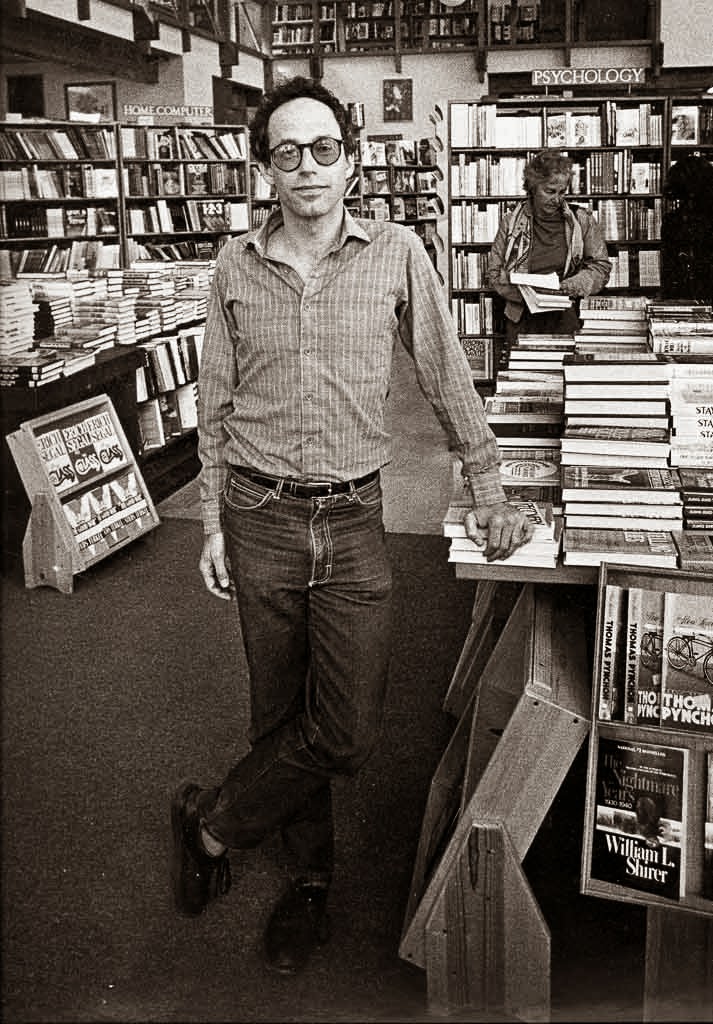 |
| Andy Ross at Cody's in the 1970s |
Most of the people with whom I associated outside of the History Department were hippies or some variation thereof. I suppose I was too, although spending one's waking hours reading the philosophy of Johann Gottlieb Fichte created some real cognitive dissonance in my countercultural lifestyle. I cut a kind of ridiculous figure with my non-academic friends. But people were more tolerant back then.
In that other life outside of the university, there was a lot of talk about freedom, spontaneity, communal living, feminism, the Maharishi Mahesh Yogi, psychedelic drugs, astrology, free love, vegetarianism, gestalt therapy, natural childbirth and that sort of thing. Marxism was very popular, too. But the Marxism being bandied about was what we superior intellectuals in the History Department would call "vulgar Marxism," by which we meant people who actually wanted to change the world, not just pontificate about it. Among the vulgar Marxists, there was a lot of waving of Chairman Mao's Little Red Book and some vicious disputes over matters that were of no consequence to anyone other than the vulgar Marxists.
There was also a war going on, and Kierkegaard didn't have much to say about that.
Oh, yes. And there was a girl. There always is, isn't there? Things weren't going too well with us. One day she walked out on me and joined a free love commune called "Earth's Rising Family." I kept going out there trying to get her back. The communards were pretty nice people. They graciously put me up in the teepee down the hill from the privy while they were in the farmhouse having orgies (or so I imagined). Fichte and Kierkegaard didn't have much to say about that either.
Somehow all this led me to the decision to leave academics and start a bookstore. As I said, I had a passion for books. I don't remember much about what kind of thought went into the decision. Not very much at all, I believe. Maybe five minutes of thought. Maybe it happened in my sleep. Maybe it happened in the teepee. It was dumb luck, but it probably set me on the right course for the next 40 years and counting.
My first move in that direction was to meet with the guy who owned the countercultural bookstore in Eugene. I had heard that he wanted to sell it. If my mind doesn't fail me, I believe it was called "Koobdooga Books." It means "a good book" backwards. He told me that he conceived of the name on an acid trip. I thought about buying it. But I was tired of the rain and depressed about rushing back and forth to and from the teepee at Earth's Rising Commune. So I moved down to the San Francisco Bay Area.
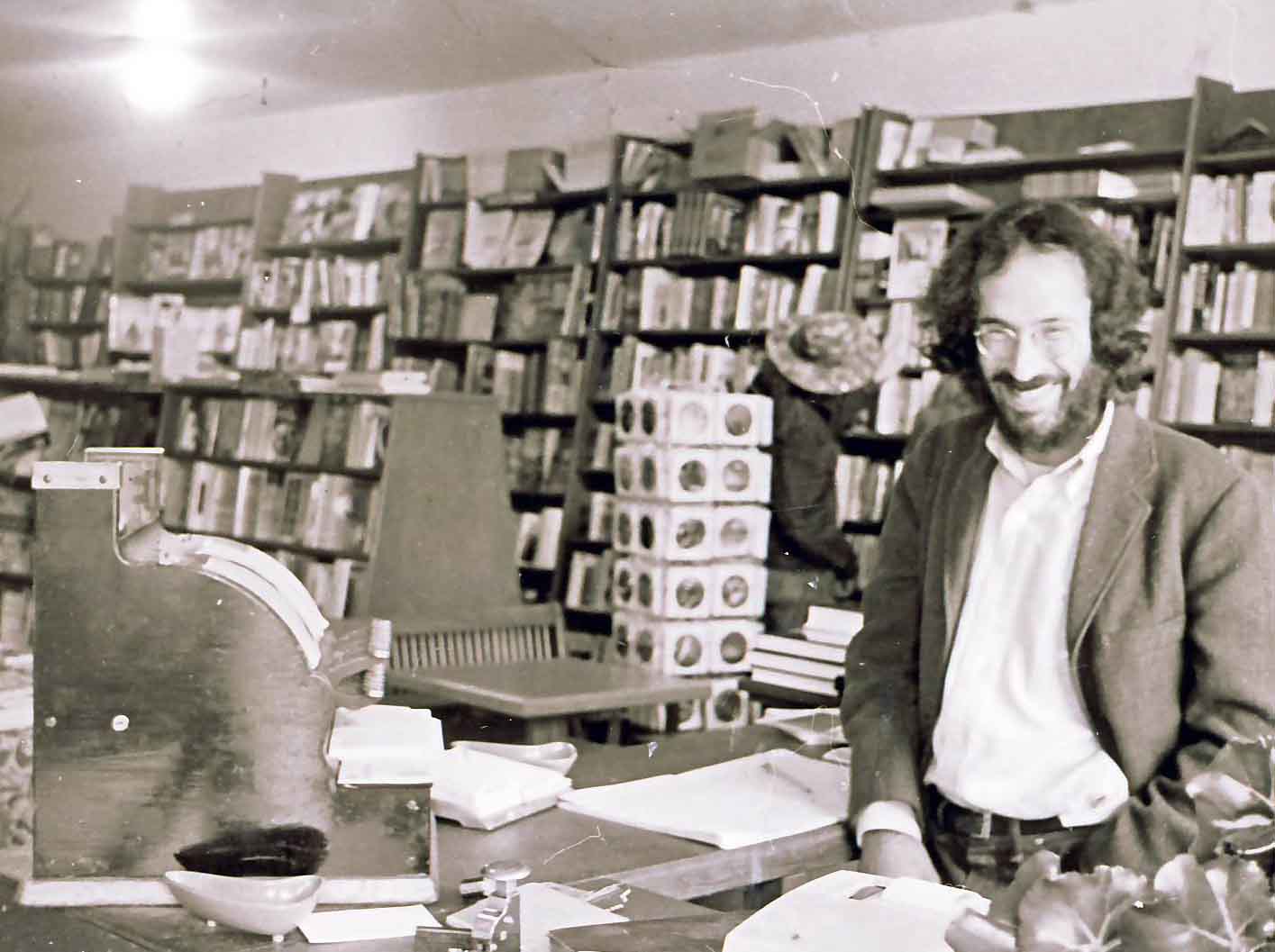 |
| Andy Ross in his Cotati bookstore in 1975 |
I found a bookshop for sale in Cotati, a small college town in Sonoma County about 50 miles north of San Francisco. It was a very modest store, Eeyore Books. The entire space was 600 square feet, about as big as my living room where I'm writing this. The store wasn't worth much money, because it didn't have many books and did even less business. But I still managed to drive a very bad bargain. It's a flaw that I fortunately overcame before becoming a literary agent, or so I'd like to believe. I paid them $15,000. And the store was mine. I put in some new shelves, ordered up some books and opened for business a week later. On my first day I did $32 in sales.
The book business was different then. The world wasn't really focused on bestsellers the way it is now. My store had a kind of counterculture feel that fit right in with the zeitgeist of the times. We sold a lot of books, mostly paperbacks, on humanistic psychology, eastern mysticism, and other things spiritual. Fritz Perls, Abraham Maslow, Alan Watts, The Urantia Book, Be Here Now and Cutting Through Spiritual Materialism were some of my bestselling books and authors in the mid '70s at Eeyore's. I made a lot of money on the I Ching (Princeton University Press edition). And, of course, all things having to do with the ever mysterious Carlos Castañeda. There was the usual stuff by self-styled visionaries and futurologists like Future Shock by Alvin Toffler and The Greening of America by Charles Reich. These books have not stood well the test of time. There were some other books that, even dated as they are, I still think of with admiration. I wouldn't mind rereading The Last Whole Earth Catalogue.
A lot of people say that the quality of books has gone downhill in the last 30 years, that literary values have been replaced by commercial values and that American reading has been seduced by the dark forces of a hegemonic mass media with a fetish for celebrity. Actually most people in the book business don't talk that way, except maybe me, and then only at pretentious literary cocktail parties. Nowadays when I argue the point (and I still do 40 years later), I like to recite the great line from Yeats' poem, The Second Coming: "The best lack all conviction, while the worst are filled with passionate intensity." And most people agree. (Although there are some who are not familiar with that poem and have to slouch off toward Wikipedia to find the reference).
Eeyore's was a one-person operation. We did grow over the years. By the time I left Cotati in 1977 to take over Cody's in Berkeley, I think it had become a two-person operation. I'm still pretty proud of that store. I think it had a kind of perfection, just right for its time and place.
 November bookstore sales fell 2.5%, to $736 million, compared to November 2013, according to preliminary estimates from the Census Bureau. The slip continues a trend for the year; August was the only month in 2014 that showed a gain over the same month in the previous year. For the year to date, bookstore sales have fallen 4.9%, to $10.03 billion. Total retail sales in November rose 3%, to $442.3 billion, compared to the same period a year ago. For the year to date, total retail sales have risen 4%, to $4,766 billion.
November bookstore sales fell 2.5%, to $736 million, compared to November 2013, according to preliminary estimates from the Census Bureau. The slip continues a trend for the year; August was the only month in 2014 that showed a gain over the same month in the previous year. For the year to date, bookstore sales have fallen 4.9%, to $10.03 billion. Total retail sales in November rose 3%, to $442.3 billion, compared to the same period a year ago. For the year to date, total retail sales have risen 4%, to $4,766 billion.






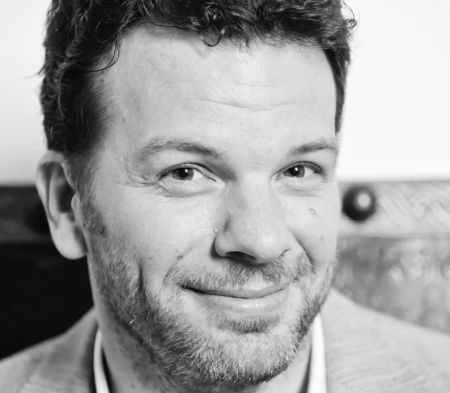
 Despite some very vocal complaints expressed by some independent authors about Kindle Unlimited, Amazon's six-month-old e-book subscription service, Grandinetti argued that the system is "pretty healthy" on the whole. Authors have chosen to re-enroll their titles in the KDP Select Program (which automatically makes the title available on Kindle Unlimited for at least three months) more than 90% of the time, and both sales and earnings of authors enrolled in KDP Select have outpaced those of authors in the KDP program at large.
Despite some very vocal complaints expressed by some independent authors about Kindle Unlimited, Amazon's six-month-old e-book subscription service, Grandinetti argued that the system is "pretty healthy" on the whole. Authors have chosen to re-enroll their titles in the KDP Select Program (which automatically makes the title available on Kindle Unlimited for at least three months) more than 90% of the time, and both sales and earnings of authors enrolled in KDP Select have outpaced those of authors in the KDP program at large. Bestselling author and National Book Award winner Jonathan Franzen will be featured in the signature opening day event at
Bestselling author and National Book Award winner Jonathan Franzen will be featured in the signature opening day event at 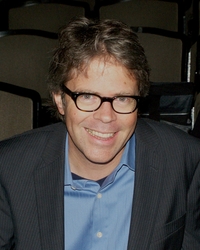
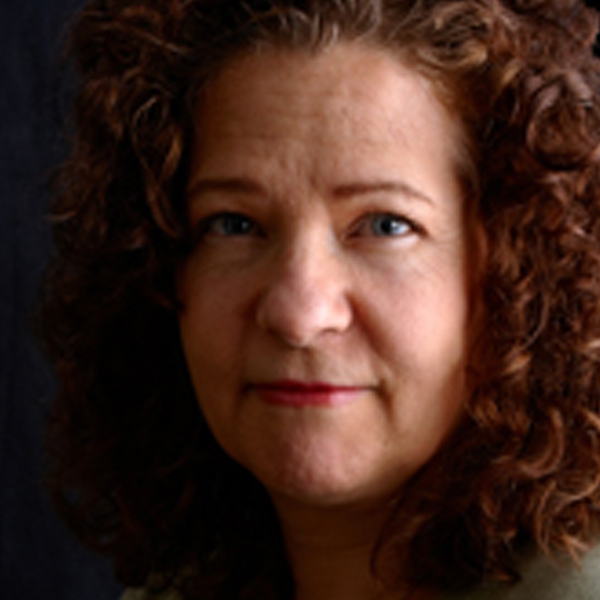
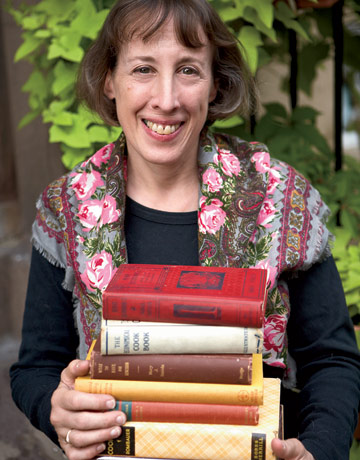
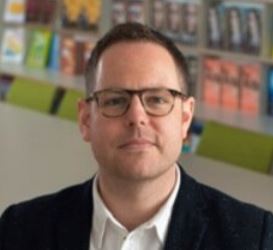


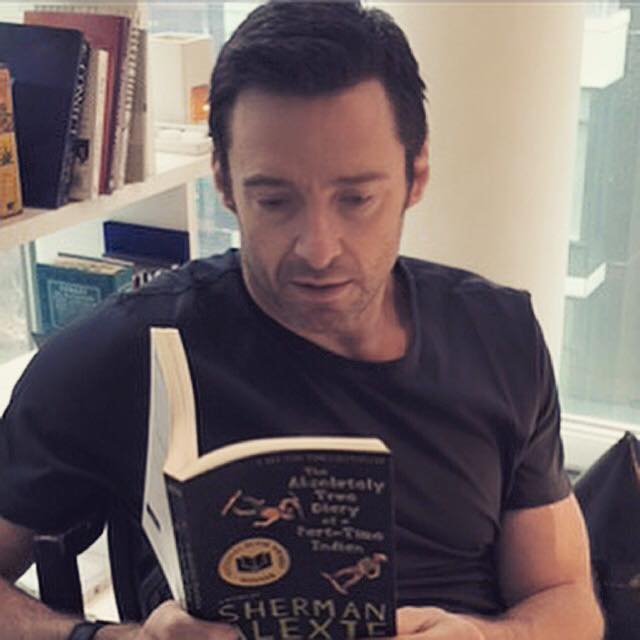 Wolverine
Wolverine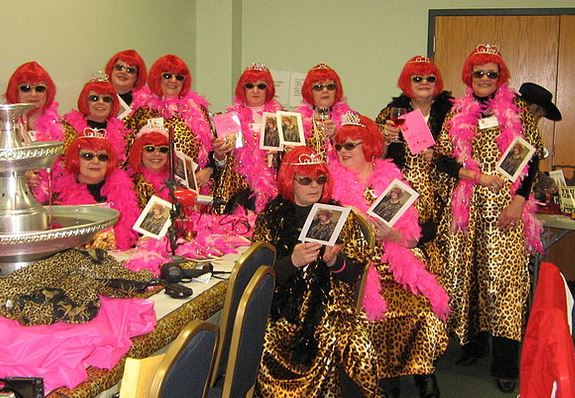 "Hundreds of tiara-wearing women" from
"Hundreds of tiara-wearing women" from  Tim Ditlow has been named v-p of content for
Tim Ditlow has been named v-p of content for  Knit Your Own Kama Sutra: Twelve Playful Projects for Naughty Knitters
Knit Your Own Kama Sutra: Twelve Playful Projects for Naughty Knitters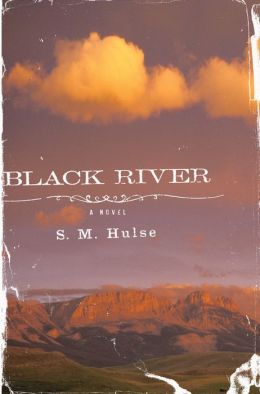 In S.M. Hulse's spare but rich first novel, Black River, troubles loom for her stoic hero, Wes Carver, and his family like the glacial mountains surrounding their small Montana prison town--mountains that to Wes "looked like the hands of giants, or maybe of God... two clenched fists about to collide." Black River's economic life centers on the Montana State Prison where Wes and his neighbors walk the tiers as guards, "enforcing rules, suppressing emotions, intimidating and refusing to be intimidated." When a riot erupts, Wes is taken hostage and methodically tortured by sociopathic inmate Bobby Williams. All his fingers broken, his wrists scarred by cigarette burns and cuts from a makeshift prison shiv, Wes is forever changed. No more can he experience the pleasure of his fiddle playing and composing. Now retired from the state on disability, he and his wife, Claire, move to Spokane, Wash., where he's hired as a mall cop to chase shoplifters and rowdy teens.
In S.M. Hulse's spare but rich first novel, Black River, troubles loom for her stoic hero, Wes Carver, and his family like the glacial mountains surrounding their small Montana prison town--mountains that to Wes "looked like the hands of giants, or maybe of God... two clenched fists about to collide." Black River's economic life centers on the Montana State Prison where Wes and his neighbors walk the tiers as guards, "enforcing rules, suppressing emotions, intimidating and refusing to be intimidated." When a riot erupts, Wes is taken hostage and methodically tortured by sociopathic inmate Bobby Williams. All his fingers broken, his wrists scarred by cigarette burns and cuts from a makeshift prison shiv, Wes is forever changed. No more can he experience the pleasure of his fiddle playing and composing. Now retired from the state on disability, he and his wife, Claire, move to Spokane, Wash., where he's hired as a mall cop to chase shoplifters and rowdy teens.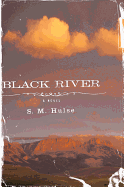
 Andy Ross was the owner of Cody's Books in Berkeley, Calif., from 1977 to 2006. Since 2008, he has been a literary agent and writes the blog "
Andy Ross was the owner of Cody's Books in Berkeley, Calif., from 1977 to 2006. Since 2008, he has been a literary agent and writes the blog "
